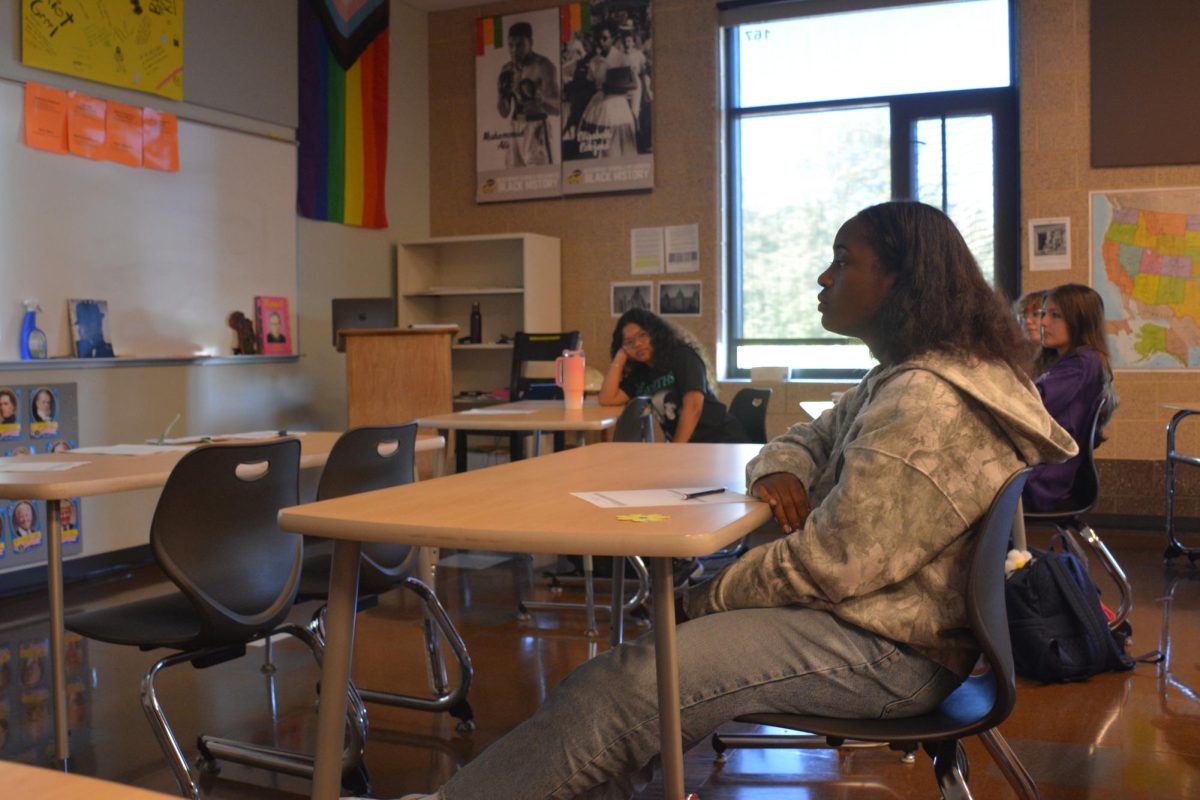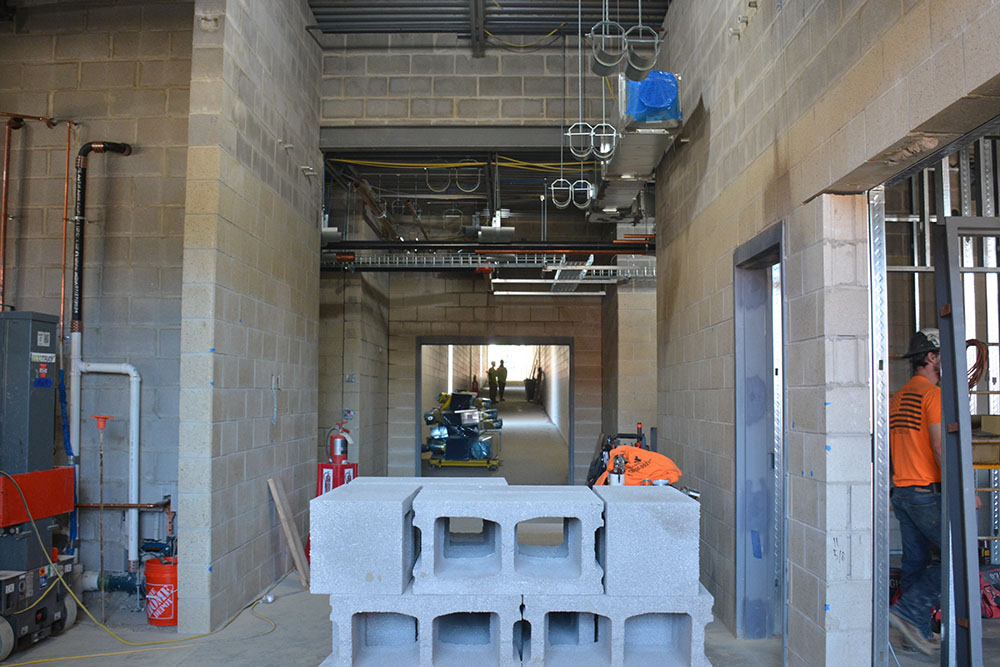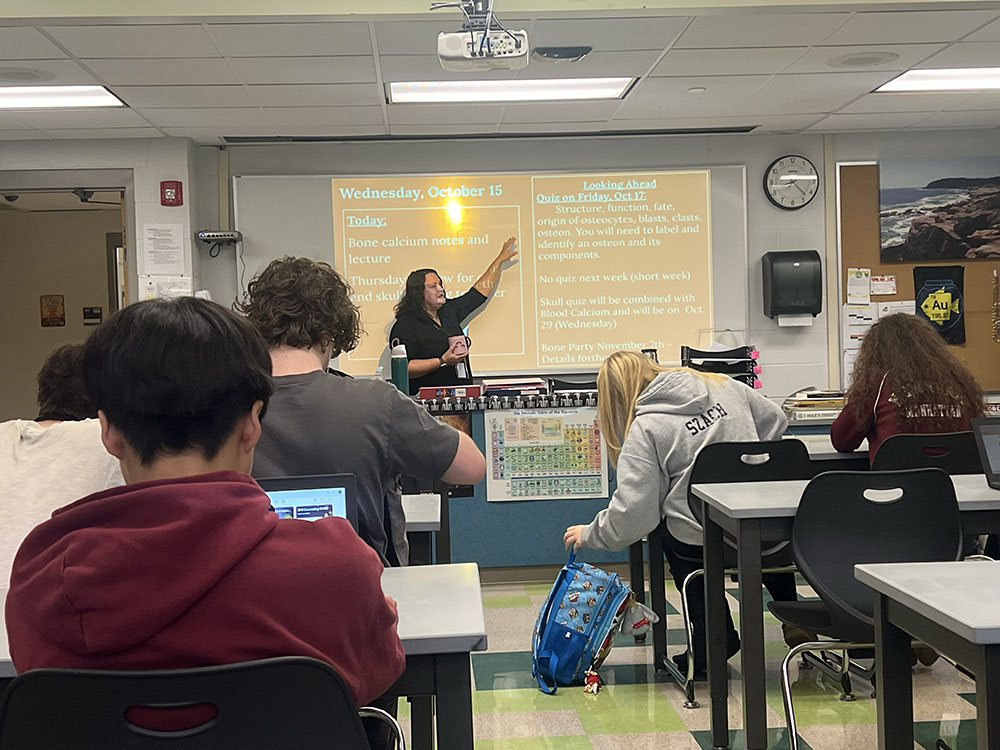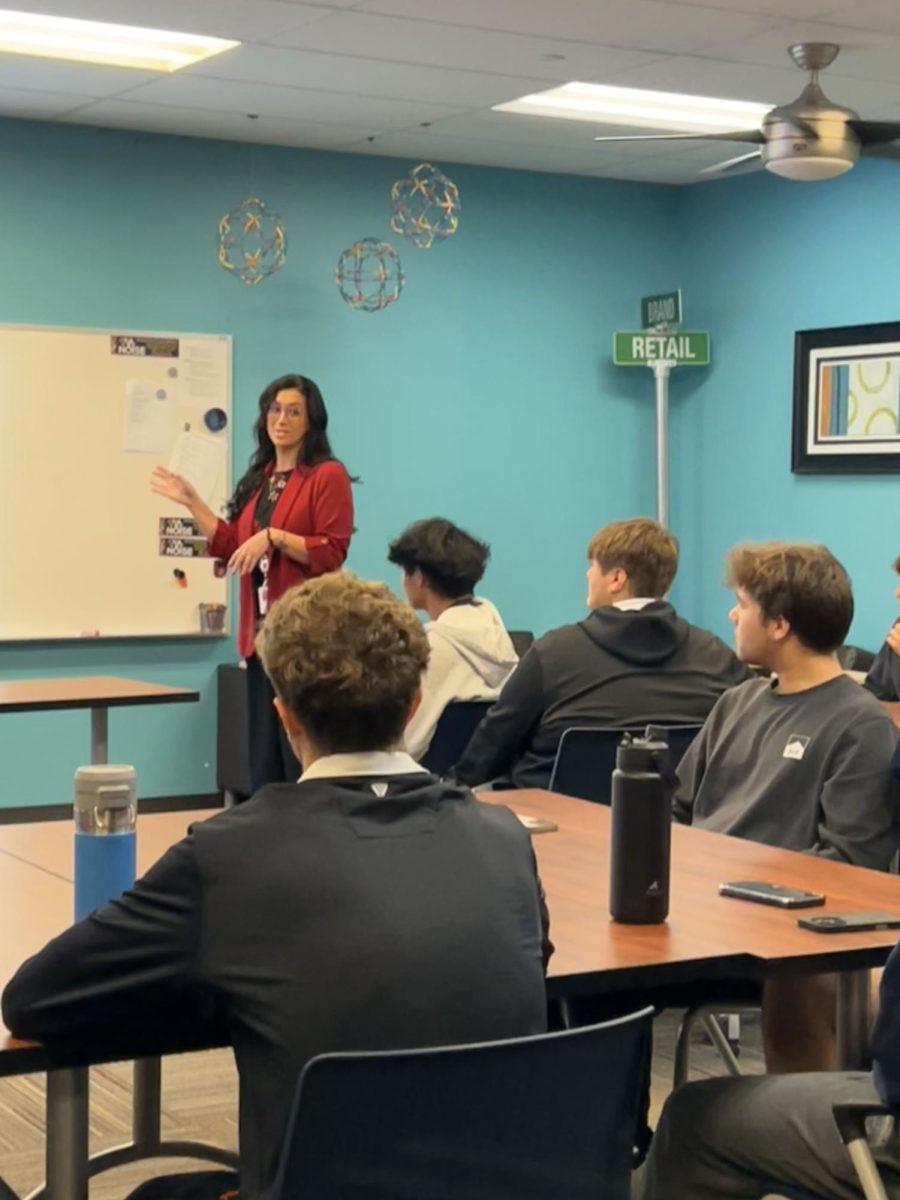The Warrensville Heights City School District agreed in June to pay the Beachwood Schools $27 million in a settlement over property tax money from the Chagrin Highlands area.
The settlement will be paid in four installments: $12 million up front and $5 million a year for the next three years.
“We are grateful to the Warrensville Heights Board of Education for their collaboration in reaching this agreement and resolving this long standing dispute,” Beachwood Board of Education President Megan Walsh stated in a June 5 press release on the district website. “By working together, we were able to reach a settlement that not only resolves this matter, but also keeps both districts positioned for continued growth and success.”
“This agreement finally closes a chapter that has stretched across decades, allowing us to focus fully on strengthening our schools and ensuring every student in Warrensville Heights has the resources to thrive,” Warrensville Heights Superintendent Donald Jolly stated in a press release, also published on June 5.
As part of the settlement, Beachwood and Warrensville Heights also agreed to four joint professional development programs over the next three years.
Beachwood Superintendent Dr. Bob Hardis explained in an email that the first inservice took place this fall with teachers and administrators from both districts.
“It addressed best practices in reading instruction,” he wrote.
This settlement ends a conflict over tax revenue on new construction in Chagrin Highlands going back more than two decades. The conflict first arose because the City of Beachwood had annexed the land, which was then undeveloped, but the Warrensville City Schools objected to the Beachwood City Schools doing the same.
Then in 1997, after years of negotiations, the school districts arrived at a deal to share tax money from new construction in the Chagrin Highlands. Hardis explained the plan was that once the assessed property tax values hit $22 million, Warrensville would get 70% of the property taxes and Beachwood would get 30%.
At first, nobody paid much attention. But as the years went by, major projects started going up like Eaton Corporation’s headquarters in 2013, along with University Hospitals Ahuja Complex and other businesses. That made the deal suddenly worth millions.
By 2012, the $22 million mark had been reached and Beachwood wanted their share.
Hardis said the conversations with Warrensville never seemed to move forward toward meaningful progress executing the shared revenue arrangement.
“We were never told no,” he said. “It was just always a new person in a new role that we had to deal with.”
Then in 2018, Warrensville flipped its position completely.
“Out of nowhere, their position became, ‘No, that contract’s not even real, and we’re not paying you,’” Hardis said.
That’s when Beachwood decided to sue.
The case climbed all the way to the Ohio Supreme Court after lower courts failed to settle it.
According to court documents, Warrensville argued the 1997 agreement was never valid because the Ohio Department of Education hadn’t signed off, something they said the law required. They also claimed the contract was missing a financial certificate.
Beachwood countered that the deal was just about sharing taxes, not land transfers or construction, so those rules didn’t apply.
In 2022, the Ohio Supreme Court agreed with Beachwood in a narrow 4-3 decision. The majority ruled that the law Warrensville cited only applied to property deals, not tax-sharing arrangements.
Warrensville asked the Court to reconsider, but the judges quickly rejected the request.
Even after the Supreme Court’s ruling, the two sides argued for years before finally reaching the $27 million settlement in June.
“We were confident they owed us millions of dollars,” Hardis said. “You’ve got to compromise when you start so far apart in settlement negotiations.”
Hardis said the settlement money will help slow down the need for new tax levies, while also paying for building improvements and covering health care costs for staff. They see it as a chance to give taxpayers some relief.
“It’s really important for us not to have to go back to the voters frequently for more operating revenue,” he said.
Even though it is a lower income community compared to Beachwood, Hardis says Warrensville Heights City School District’s finances are strong, pointing out that their cash balance rose from $23.6 million to $39.2 million in a single year and is expected to top $57 million.
“They can afford this settlement without it hurting their schools,” he said.
Warrensville district leaders did not reply to requests for comment for this article.
Warrensville Treasurer Michael Rock wrote in a 2023 email to the Beachcomber that their focus is on protecting their community.
“Our work to vigorously protect the interests of our students, our school district and the WHHS community continues,” he wrote.


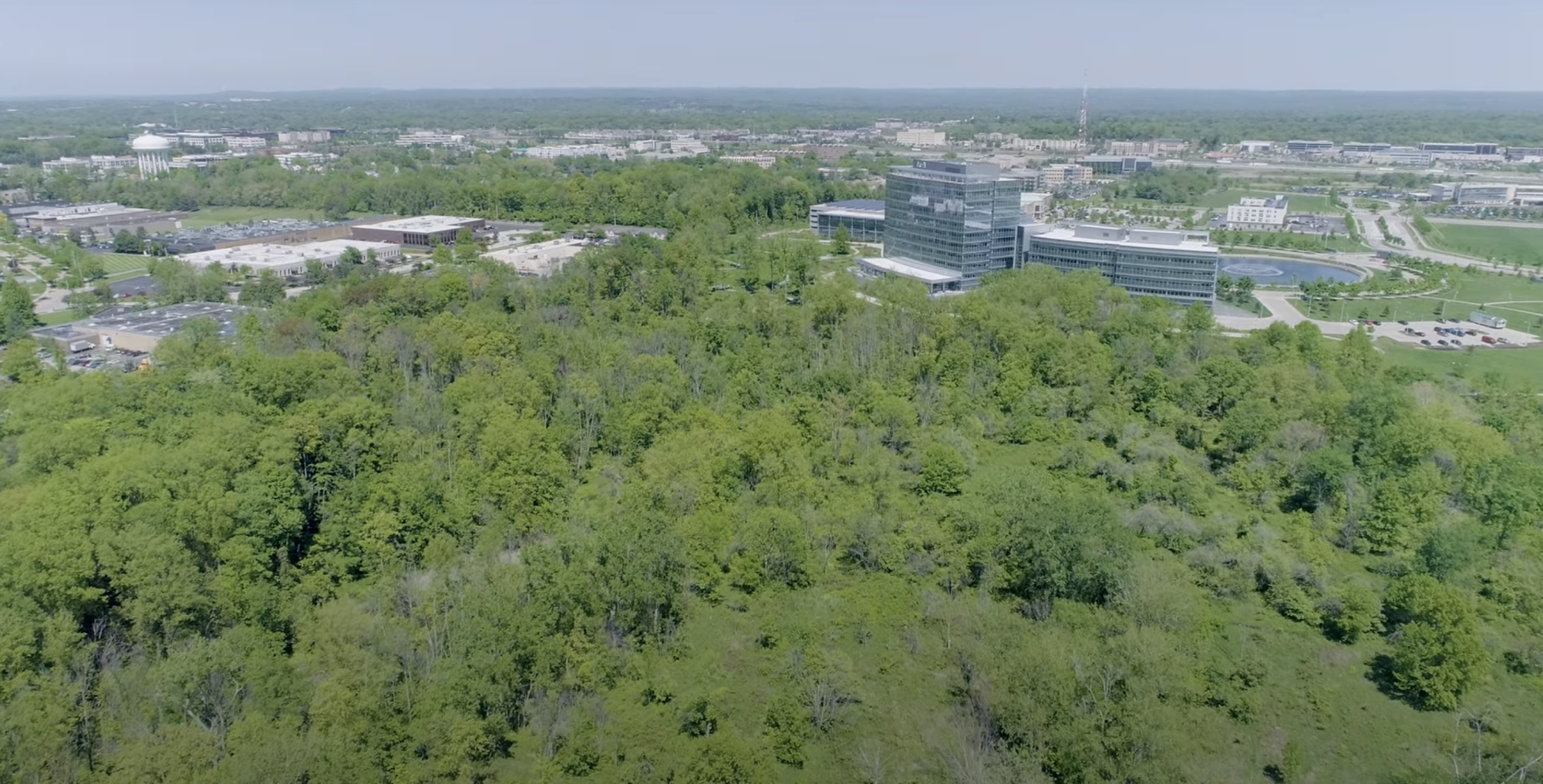

![“My parents have always said that education is important. My parents are Chinese immigrants, I'm Chinese American, [and that's a] value that has always been ingrained in our community,” said Senior Lyndia Zheng, pictured with Tony Zheng](https://bcomber.org/wp-content/uploads/2025/10/DSC_4244.jpg)


